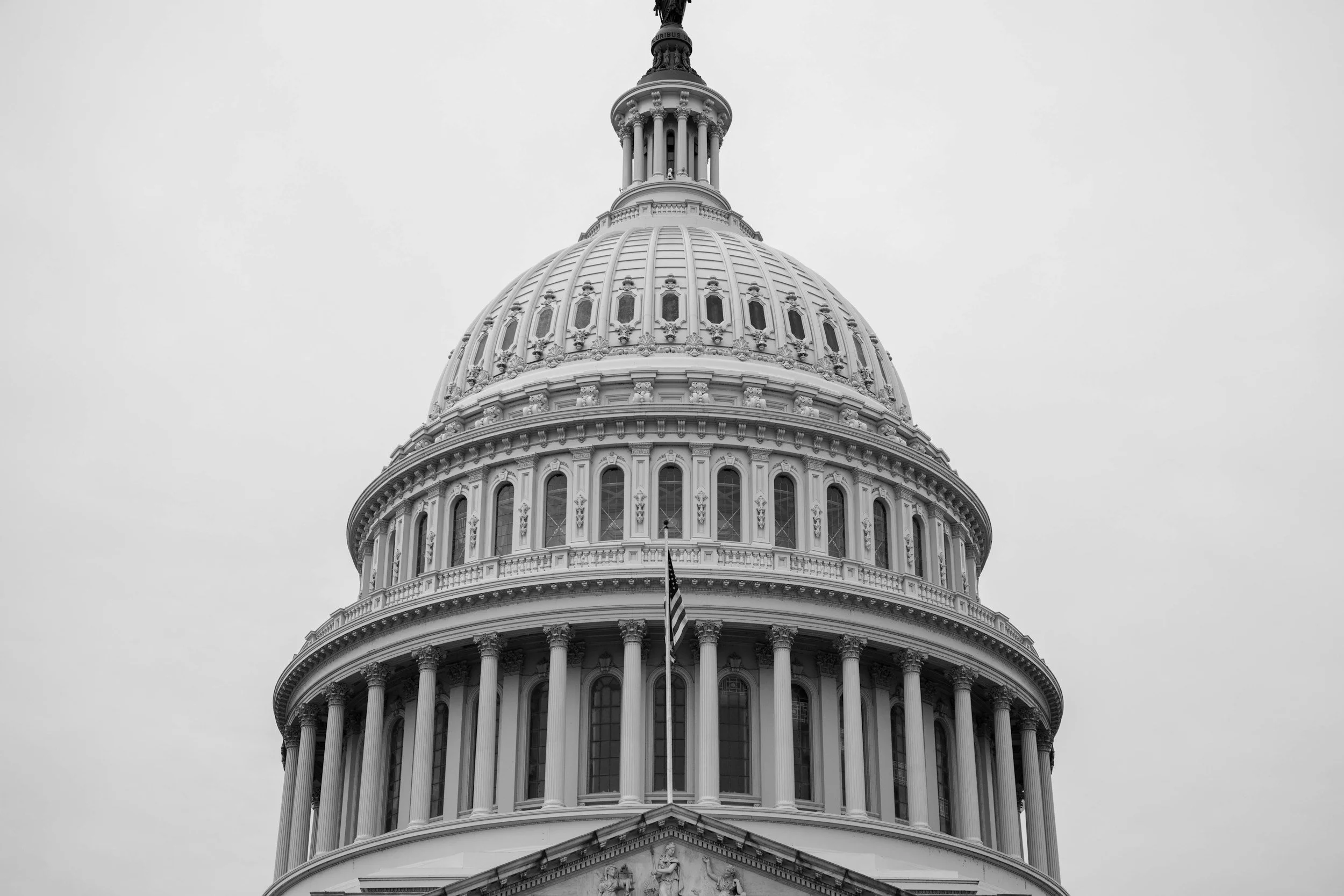Unconstitutional Infringement: The Loss of Gun Rights for Cannabis Users
The intersection of gun rights and cannabis use has become a topic of heated debate in recent years, with a significant number of states legalizing both medical and recreational marijuana. However, a concerning issue has emerged for individuals who choose to exercise both their Second Amendment rights to bear arms and their freedom to use cannabis. The loss of gun rights for cannabis users raises questions about the constitutionality of such restrictions, as well as the broader implications for individual liberties.
The Second Amendment and Gun Rights
The Second Amendment of the United States Constitution guarantees the right of the people to keep and bear arms. This fundamental right has been upheld by various court rulings, emphasizing the importance of self-defense and the ability to protect one's home and loved ones. The right to bear arms is deeply rooted in American history and values, reflecting the Founding Fathers' desire to ensure citizens could defend themselves against tyranny and threats.
Cannabis Legalization and Individual Choice
In recent years, there has been a shift in public opinion and legislation regarding the use of cannabis. Numerous states have chosen to legalize medical and even recreational cannabis, recognizing its potential medical benefits and acknowledging individual autonomy over personal choices. This evolving legal landscape raises an important question: Can individuals legally using cannabis be stripped of their Second Amendment rights solely based on their cannabis use?
Conflicting Federal and State Laws
The clash between federal and state laws further complicates the issue. While states like Colorado, California, and Washington have legalized cannabis for various purposes, the federal government still classifies it as a Schedule I controlled substance. This discrepancy leads to a situation where citizens can be legally using cannabis within their state but risk running afoul of federal law.
Impact on Second Amendment Rights
The Bureau of Alcohol, Tobacco, Firearms and Explosives (ATF) enforces a federal law that prohibits individuals who are "unlawful users" of controlled substances from purchasing or possessing firearms. This has resulted in some states prohibiting medical or recreational cannabis users from owning firearms, even if they are otherwise law-abiding citizens. However, critics argue that this restriction unfairly targets a specific group of individuals and infringes upon their Second Amendment rights without sufficient cause.
Unconstitutionality of the Restriction
Several arguments can be made against the constitutionality of denying gun rights to cannabis users:
Equal Protection: Denying gun rights based solely on cannabis use could be considered a form of discrimination, violating the principle of equal protection under the law.
Overreach of Government: The government's role in restricting constitutional rights should be justifiable and proportionate. Denying gun rights to cannabis users may be seen as an overreach that fails to meet this standard.
Lack of Correlation: The mere use of cannabis does not inherently demonstrate a risk of violence or criminal behavior, the usual justifications for restricting gun rights.
Right to Privacy: Upholding an individual's right to privacy should extend to personal choices, including the use of cannabis. Restricting gun rights based on private behavior may infringe upon this right.
Medical Need: For medical cannabis users, the restriction may deprive them of their right to self-defense when they might need it the most due to health conditions.
The loss of gun rights for cannabis users raises constitutional concerns that should not be taken lightly. While the government has a responsibility to promote public safety, it must also ensure that the rights of law-abiding citizens are not unjustly limited. Striking a balance between the Second Amendment and the evolving landscape of cannabis legalization requires careful consideration and a thorough reevaluation of existing regulations. Ultimately, any restrictions on individual liberties should be rooted in a compelling rationale that upholds the principles on which the United States was founded.


